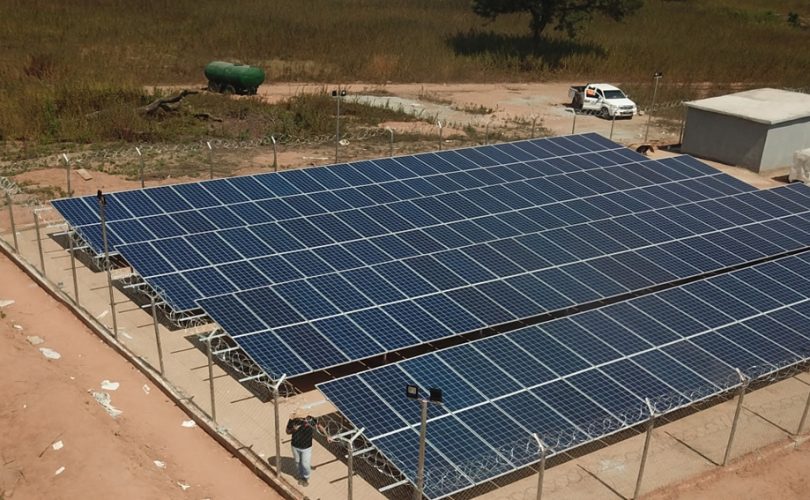Nigeria Electrification Project (NEP) to receive a $750 million boost from The World Bank.
The Nigeria Electrification project which is being implemented by the Rural Electrification Agency (REA) aims to deepen Nigerians access to electricity.
Speaking during the inspection of the 60KW Mini Grid project in Kilankwa Community, Kwali area, Abuja, World Bank Director of Strategy and Operations for Western Central African Region, Ms. Elizabeth Huybens revealed,“This is our first National electrification project we see at work here, about $350 million is coming to a close, and we are preparing a successor project that will be $750 million.”
“We are definitely extending our support to something we think is critical and Nigeria is leading the world in small grid development,” She added.
Huybens noted that the Kilankwa project would assist the country in providing access to electricity to more people faster than it would have done by just extending the national grid.
Also read: Nigeria signs MOU for solar mini-grids projects
The Nigeria Electrification Project to provide adequate and reliable electricity supply
“I’m very impressed that the system of mini-grids in small communities works and there is also the foresight how one can optimize the use of electricity generated to expand productive activities in the community like this rice mill we have just seen,” Huybens stated.
The director said the Nigeria Electrification project was considered because the bank believed that access to electricity by all was one of the most important goals to pursue by any country.
According to her, without electricity, it is hard to think about how communities can live, adding that kids cannot study at night.
“We cannot move toward electric vehicles if we don’t have electricity. In fact, you cannot even charge your cell phone without electricity. So it’s hard for me to think about reducing poverty without access to electricity,” the director reiterated.
Rural Electrification Agency (REA), Managing Director, Mr. Ahmad Salihijo said that the project was currently serving about 300 households and businesses.
“This has even operational for some time now. So we, are privileged to have come here with the World Bank team to see how its performing. We are working on ensuring productive use and also that we have energy-efficient equipment connected to the mini-grid,” he said.

